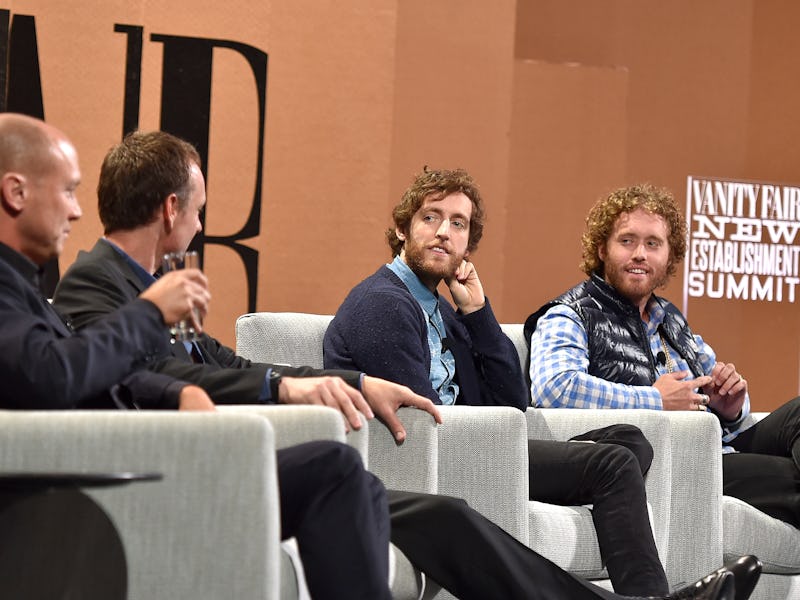Google Is Using A.I. to Replicate 'Silicon Valley' Compression

Google may have just laid the groundwork for the middle-out, machine-learning-based compression system seen in HBO’s Silicon Valley. On Thursday, Google researchers penned a blog post detailing their breakthrough, and summarizing its accompanying paper, “Full Resolution Image Compression with Recurrent Neural Networks.” Image compression is just the start, though: Google will keep leveraging artificial intelligence to improve browsing speeds, and the internet as we know it, for all file types.
In Silicon Valley, Richard Hendricks designs an unprecedented compression system that changes the internet. The system, which he calls Pied Piper, turns files into featherweights, which revolutionizes file-sharing and -storage. In the show, it’s the breakthrough the internet’s long needed, and Hendricks makes it big (with countless hiccups, often thanks to Erlich Bachman) due to his invention. Devices no longer need to store files, because the tiny, compressed versions can live in the cloud.
With current, standard compression methods, images lose information. Groups of pixels degenerate, which can turn a stunning, thought-out, high-quality capture into a less than eye-catching snapshot. But Google’s compression A.I. maintains full resolution. “As far as we know, this is the first neural network architecture that is able to outperform JPEG at image compression,” the researchers write. One neural network translates the image into code, but does so near-flawlessly, and the other neural network deciphers the code to spit out a perfect reconstruction of the original image.
On the left is the original image. The middle is JPEG compression, and the right is Google's Residual GRU system. "Taking a look around his nose and mouth, we see that our method doesnt have the magenta blocks and noise in the middle of the image as seen in JPEG," Google writes.
The first stage neural net takes several passes over the photograph, each time learning more about how to best downsize it. The first pass gets close to what we expect from compression today, but each subsequent pass cleans up any errors and optimizes the image’s encoding. “While today’s commonly used codecs perform well, our work shows that using neural networks to compress images results in a compression scheme with higher quality and smaller file sizes,” Google writes.
Google, which one could say is fairly established, won’t have to encounter the same roadblocks that continue to plague the fictional Pied Piper misfits. But Google will need to make its machine-learning compression system work for audio and video, especially if they were hoping to impress Hendricks. Regardless, he’d let it be known that Pied Piper is superior. Those of us in the real world, however, will have to be content with Google’s version. Silicon Valley’s creators will undoubtedly keep toying with the real Silicon Valley, highlighting current tech and forecasting what’s to come.